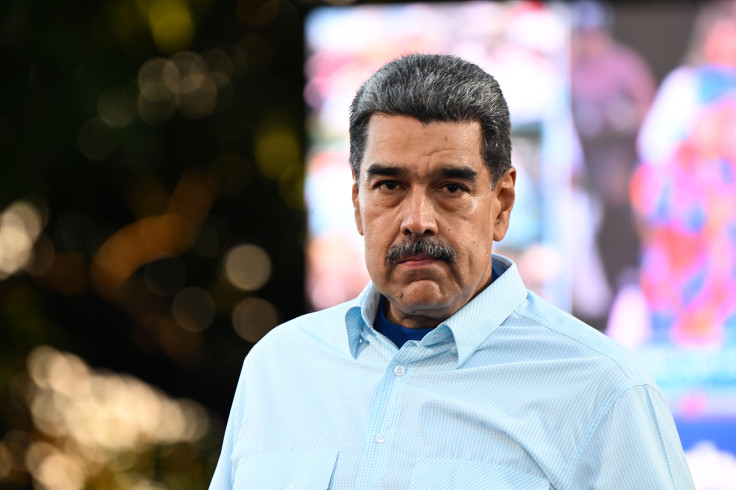
In recent weeks, the U.S. government has stepped up the pressure on Venezuelan president Nicolás Maduro, who has claimed victory in the country's presidential elections but failed to produce any supporting and, despite international condemnation and the recognition of his opponent Edmundo González as the winner, still holds a firm grip on power in the South American country.
First, the Biden administration seized an aircraft located in Dominican Republic which was used by Maduro for personal and professional reasons, citing violations of U.S. sanctions and other criminal activities. Ten days later, the U.S. announced a series of sanctions against Venezuelan officials over the country's electoral fallout, including leaders of the National Electoral Council, the Supreme Tribunal of Justice, and the Maduro-affiliated national assembly.
But these actions still fall short, at least according to Florida Senators Rick Scott and Marco Rubio. That's why on Thursday they announced the introduction of a bill that aims to increase the U.S. government's reward for information leading to the arrest of Maduro from the current $15 million to $100 million. The current bounty was set by the State Department in from 2020 during the Trump administration and stems from drug-trafficking charges against the Venezuelan president, as well as other high-ranking officials from his government.
The reward would be paid out by the federal government using seized assets already being withheld from Maduro, officials of the Maduro regime and their co-conspirators, not taxpayer funds, the senators said. These assets amount to roughly $450 million, which are currently held in the United States, according to The Miami Herald.
"The time has come for Venezuela to be liberated from the illegitimate regime of dictator Nicolás Maduro" said Scott through his official website. "It's clear Maduro will not step down on his own, and I urge my colleagues to support this bill to rid Venezuela and the world of Maduro's oppression and make way for President-elect González to bring democracy, freedom and opportunity back to Venezuela."
Rubio echoed Scott's words on his X feed, saying that "the U.S. must do more to arrest narco-dictator Nicolás Maduro", adding that "Maduro is one of the Venezuelan regime's most corrupt schemers and it's past time he is held accountable for his crimes:
🚨WANTED: Narco-dictator Nicolás Maduro.🚨 pic.twitter.com/4OcmBP9b1r
— Senator Marco Rubio (@SenMarcoRubio) September 19, 2024
Florida Representative Mario Díaz-Balart will introduce a companion bill in the U.S. House, with bipartisan support from both Republican and Democratic lawmakers, including Florida Democrats Debbie Wasserman Schultz and Republicans Carlos Gimenez, María Elvira Salazar, and Mike Waltz.
Despite opposition candidate Edmundo Gonzalez reportedly winning 67% of the votes, Maduro was declared the victor of the presidential elections on July 28 by the government-friendly electoral body. Voting machine receipts from over 80% of polling stations presented by the opposition indicated Gonzalez's victory, but the Venezuelan Electoral Council has yet to release official data.
Gonzalez, facing threats from Maduro's government, fled to Spain earlier this month. He claimed on Wednesday that he was coerced into signing a letter acknowledging Maduro's victory in exchange for safe passage out of Venezuela. Gonzalez Urrutia added "there were very tense hours of coercion, blackmail and pressure. At that point, I considered I could be of more use free than if I were imprisoned."
© 2025 Latin Times. All rights reserved. Do not reproduce without permission.






